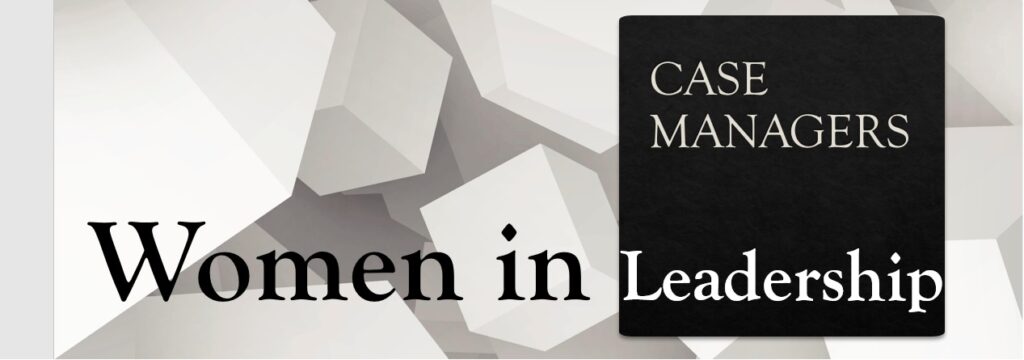
I attended a fascinating Women in Medical Leadership webinar last night. Two of the guest speakers were Dame Lesley Regan, Secretary General of the International Federation of Gynecology and Obstetrics and Lynette Spalding, East Of England Trauma and Orthopaedics Teaching.
The discussion was around:
- Equality within the health industry, how women are taking more senior roles.
- Coping with setbacks and failure in your health career.
- How to encourage younger females in the health and medicine profession to reach for the stars and secure their leadership career path.
Dame Lesley Regan, using her vast experience and knowledge talked about grabbing opportunities, the need to develop the ‘male negotiating skills’ and learning how to say ‘no’. I liked her statement of ‘forgetting the prejudices of what you can and can’t do.
Renouncing the Imposter Syndrome, this was a shared experience among all the panel of speakers, which we all suffer from at some point in our careers of leadership and management.
Athena Swan Charter – this was mentioned (which I hadn’t come across before), which is a global framework to support and transform gender equality within higher education and research, a commitment to advance the careers of women in science, technology, engineering, maths and medicine. The website is definitely worth visiting.
It got me thinking about Case Managers and their role as managers and leaders of their organisations, dealing with the day-to-day challenges and the people management skills required. More especially as more are considering registering with the Care Quality Commission (CQC). Where does their experience, skills and training come from, in knowing how to manage a team of support workers and work with a team of multi-disciplinary members? How do they prove their worth as a Registered Manager to the CQC?
The webinar moved onto the subject of dealing with setbacks and failure, again, a shared experience from all the guest speakers. Lynette Spalding spoke about failure not being the final end, that opportunities do come along and that you have to find other routes to look at. Lynette’s words were so true, that you can actually learn so much from your failures, once you’ve got through them, you gain more resilience and can reflect on how much you’ve learned.
My final question to you all – as leaders and managers of your business, how do you deal with that ‘lonely at the top’ feeling? Who mentors you? Who holds you to account? Who is there for you when things go wrong?
